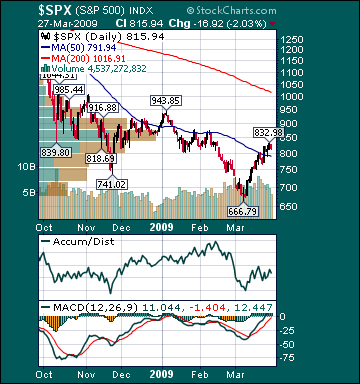Click here for Wall St. Week Ahead by Reuters.
Click here for stocks in focus for Monday by MarketWatch.
There are a number of economic reports of note and a few significant corporate earnings reports scheduled for release this week.
Economic reports for the week include:
Mon. –
Tues. – S&P/CaseShiller Home Price Index, Chicago Purchasing Manager, Consumer Confidence, NAPM-Milwaukee, weekly retail sales reports
Wed. – Weekly MBA mortgage applications report, weekly EIA energy inventory data, Challenger Job Cuts, ADP Employment Change, ISM Manufacturing, Pending Home Sales, ISM Prices Paid, Construction Spending, Total Vehicle Sales
Thur. – Initial Jobless Claims, Factory Orders
Fri. – Change in Non-farm Payrolls, Unemployment Rate, Average Hourly Earnings, ISM Non-Manufacturing
Some of the more noteworthy companies that release quarterly earnings this week are:
Mon. – Cal-Maine Foods(CALM)
Tues. – Lennar Corp.(LEN), Steelcase(SCS), Apollo Group(APOL)
Wed. –
Thur. – Carmax Inc.(KMX), Monsanto(MON), Micro Technology(MU), Global Payments(GPN), Allscripts(MDRX), Acuity Brands(AYI), Ruby Tuesday(RT)
Fri. – Schnitzer Steel(SCHN)
Other events that have market-moving potential this week include:
Mon. – Platts Wind Power Development Conference
Tue. – The Fed’s Stern speaking, Fed’s Plosser, (CPN) analyst meeting, (KMT) analyst meeting
Wed. – The Fed’s Pianalto speaking, Citi Biotech Day, (NOVL) investor lunch
Thur. – The (NYX) shareholders meeting, (ADSK) investor day, (KBH) shareholders meeting
Fri. – Bernanke speaking at the Richmond Fed’s Credit Markets Symposium, (GAS) analyst meeting
